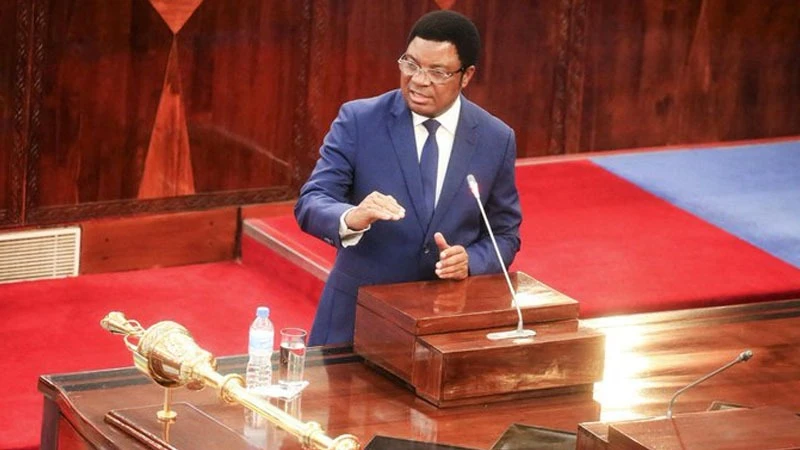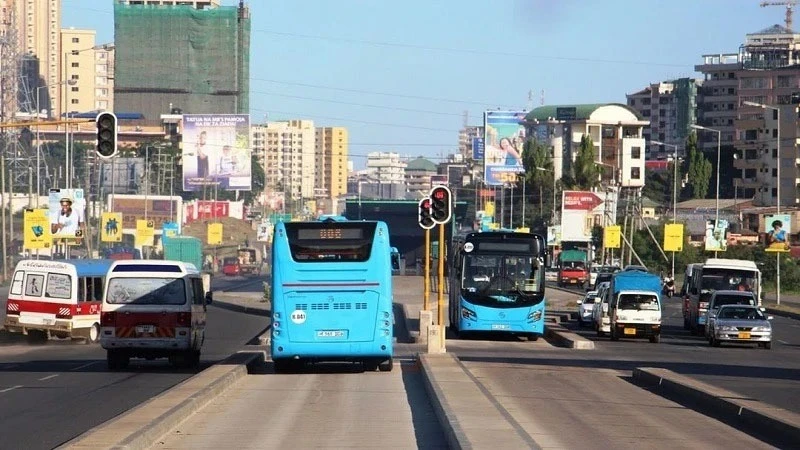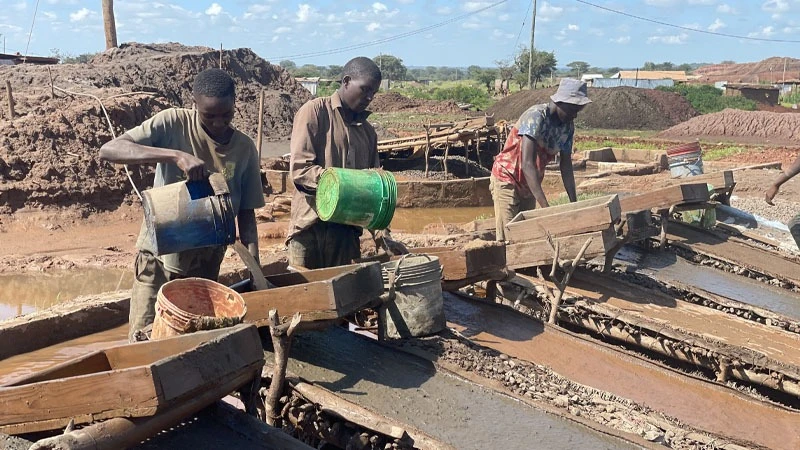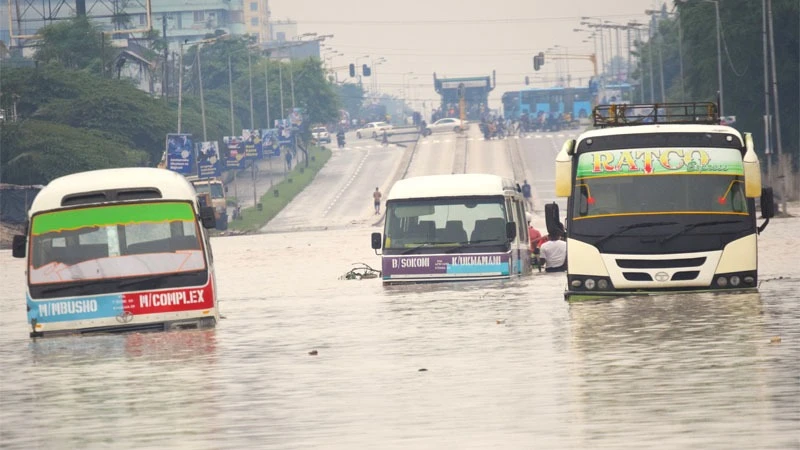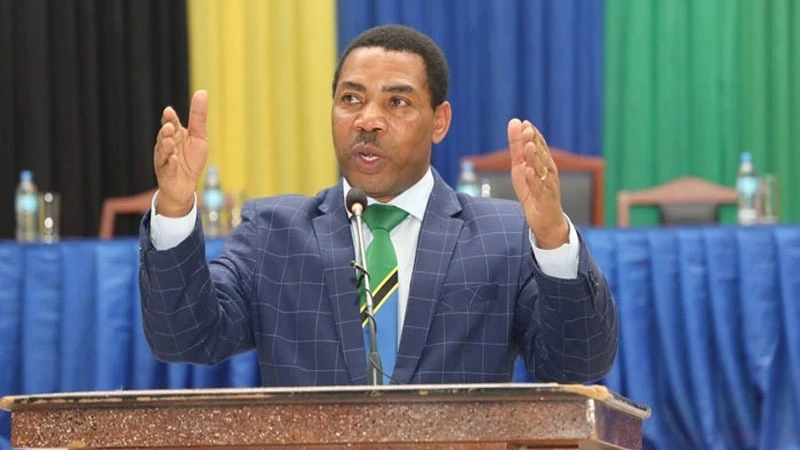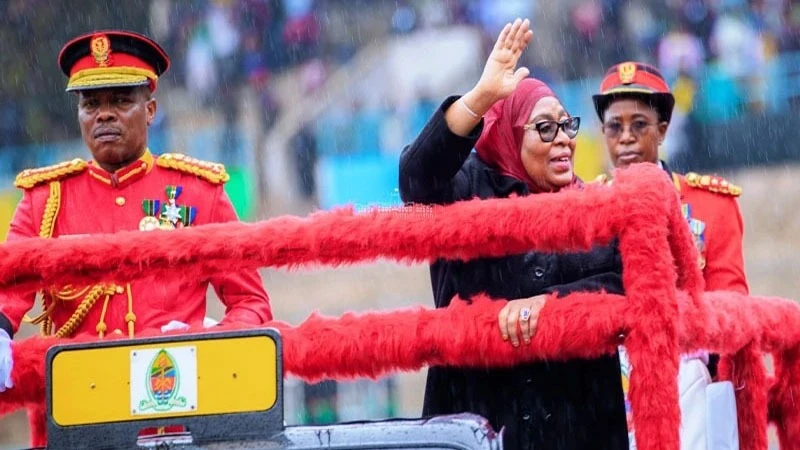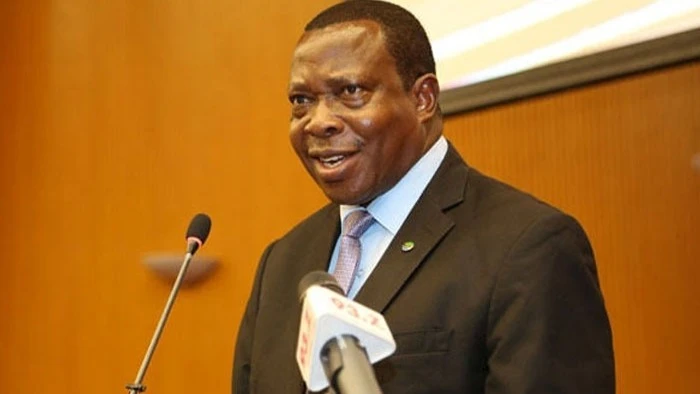Not World Bank loan terms; capital formation is real gap

IT may not really be at issue that international financial organizations need to provide long-term loans without interest so that African countries can fully implement development projects, as a top government official was saying late last week. The problem is that looking at what transpired in the Washington DC meeting where this affirmation was being made, it would appear that this demand has already been met. World Bank lending has various condition and a range of loans, from the International Development Association, are long term.
A World Bank write up says IDA lends money on concessional terms on the basis of zero or very low interest charge, as a top Treasury official was asking at the weekend meeting. What the official appeared to be saying was that all World Bank lending needs to be tailored on IDA, whereas IDA is an exception to the role and can’t become the rule as such. Its loan repayments are stretched over 30 to 40 years, with more than half of IDA countries receiving all, or half, of their IDA resources on grant terms, which carry no repayments at all. It is adequate.
What the Treasury executive said was that short-term loans are hurting African countries, and thus there is greater need for long-term loans, 50 to 70 years and without interest. The direct request was that then the World Bank reviews it near term programmes to prioritize Africa, for additional financial resources. The tone that one gets from this appeal is that Africa basically relies on loans of the key multilateral agencies as they can’t obtain commercial loans. At any rate if they obtained them as they often do, it soon signals a balance of payments crisis.
There were 22 countries of Sub-Saharan Africa grouped as a specific zone or ‘constituency,’ chiefly Anglophone countries in the eastern part of the continent excluding South Africa. It was unlikely that any participant would have spelled out why Africa needs to create conditions for vast capital formation, as this idea is relatively unknown in the Bretton Woods institution, their preference being private sector involvement or surreptitiously, private sector led growth. There is no discussion on competition, efficiency, conditions for large savings or transfer of capital from the West to Africa. At best we hear of Diaspora remittances, etc.
There is renewed interest in multilateral lending as the BRICS option, which was unreliable from the start, has now thinned out, as Russia has never been a big lender to Africa. China was big lender but its investments are in perilous circumstances similar to own investments at home, where slowing global growth as well as strategic disputes among major powers slow investment levels to a shadow of its earlier image. In that case China privileges direct investments by private companies or on a private sector basis even for state corporate entities.
Part of the role that China played in the past two decades has been taken up by emerging upper middle income economies like Turkey and a number of others, as our two key projects for the standard gauge railway and major hydropower project, Our cooperation with Turkiye and Egypt was pivotal, and the reason was that there was a massive cut in unnecessary recurrent expenditure for the government to put up large sums on the table for the projects. What is needed is opening up the various sectors, as well as housing and land ownership, so that capital can flow in and remove the need for massive loans, not huge cheap loans.
Top Headlines
© 2024 IPPMEDIA.COM. ALL RIGHTS RESERVED






